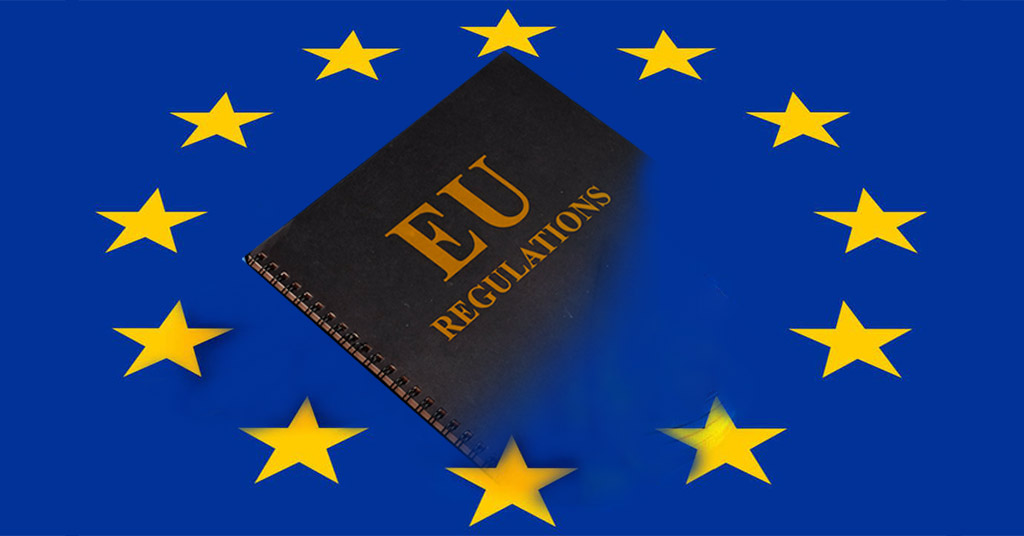Welcome To ChemAnalyst

Europe: The reselling of Russian crude oil as refined fuels, such as Diesel, by Indian companies into Europe has caught the attention of the European Union. As the western nations tighten sanctions on Moscow's energy sector, Brussels is aware of this practice and believes it should take action to stop it. This is the first time the EU has considered taking measures against this issue, as member states need to prevent any circumvention of sanctions. Therefore, if Diesel or gasoline is being produced in India with Russian oil and then entering Europe, it is necessary for the EU to crack down on this activity.
In the wake of the Ukraine invasion, India has emerged as one of the major purchasers of Russian crude oil. Indian refiners are reaping substantial profits by purchasing heavily discounted crude, which is currently prohibited in the EU due to sanctions and selling full-priced fuels in Europe. While this trade is permissible under EU sanctions, some critics are clamouring for stricter sanctions against Russia, arguing that it enables Moscow to continue earning substantial revenue from its oil sales.
India taking advantage of cheaper Russian crude oil is understandable, especially since the G7 price cap aimed to limit Russia's crude oil sales to other countries to $60 a barrel. This cap has helped reduce Russia's oil revenues significantly. However, it is worth noting that much of the oil purchased by India is now flowing back to Europe in the form of refined fuels.
While there is nothing wrong with India buying Russian oil at a cheaper price, it would be concerning if they became a center for refining Russian oil and selling its by-products back to us. Ultimately, the less money Russia gets, the better, but we must ensure that India's actions do not negatively impact our own economy.
The policy has been successful in achieving two objectives- limiting Russia's revenue and ensuring a continuous supply of oil in the global market. They also stated their belief that the policy can withstand any variations in import policies of different regions. Surprisingly, despite Russia's announcement of production cuts, their oil exports have remained steady since the implementation of the price cap.
The west's sanctions regime could take a significant turn by focusing on curbing refined fuel exports, as it has been trying to strike a balance between limiting Moscow's revenues and avoiding major supply shortages in the global market. While the G7 and EU are considering prohibiting Russian gas imports via routes where Moscow has already reduced supplies, the US is concerned that targeting oil exports could cause prices to surge, causing damage to the global economy and potentially increasing Moscow's revenues despite a decline in export volumes.
The situation is further complicated by the current set of sanctions on countries such as Iran and Venezuela. The accepted norm is that once crude has been refined, it loses its original designation. Indian refineries, for instance, source their crude from numerous nations, including Russia. Thus, pinpointing the precise origin of a barrel of gasoline or Diesel becomes a daunting task. However, even discussing the possibility of sanctions could have a discouraging effect. Countries like India may stop procuring Russian crude if they perceive that the EU market might be closed off as an outlet for their refined fuels.
Russia trails only Saudi Arabia as the second-largest exporter of crude oil in the world, fuelling concerns that the global oil market may tighten in the coming months and lead to price increases. To curb the flow of Russian oil, national authorities would need to implement appropriate mechanisms. As a result, the EU may consider targeting purchasers of Indian refined fuels that they suspect are derived from Russian crude. It's important to remember that if these fuels are being sold, it's because there are buyers. Therefore, it's crucial to investigate who is purchasing them.
We use cookies to deliver the best possible experience on our website. To learn more, visit our Privacy Policy. By continuing to use this site or by closing this box, you consent to our use of cookies. More info.
